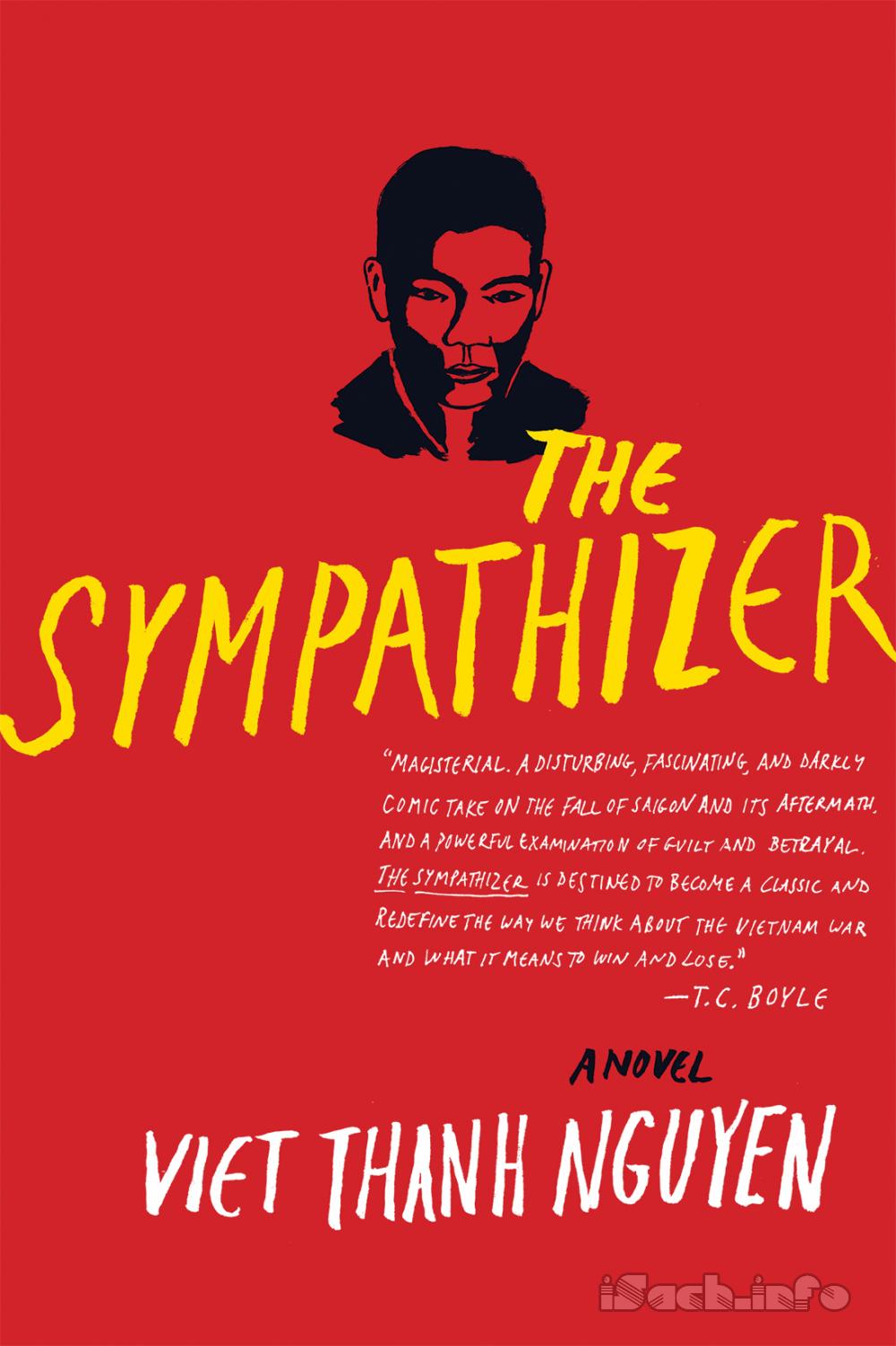Chapter 24
A
CKNOWLEDGMENTSMany of the events in this novel did happen, although I confess to taking some liberties with details and chronology. For the fall of Saigon and the last days of the Republic of Vietnam, I consulted David Butler’s The Fall of Saigon, Larry Engelmann’s Tears Before the Rain, James Fenton’s “The Fall of Saigon,” Dirck Halstead’s “White Christmas,” Charles Henderson’s Goodnight Saigon, and Tiziano Terzani’s Giai Phong! The Fall and Liberation of Saigon. I am particularly indebted to Frank Snepp’s important book Decent Interval, which provided the inspiration for Claude’s flight from Saigon and the episode with the Watchman. For accounts of South Vietnamese prisons and police, as well as Viet Cong activities, I turned to Douglas Valentine’s The Phoenix Program, the pamphlet We Accuse by Jean-Pierre Debris and André Menras, Truong Nhu Tang’s A Vietcong Memoir, and an article in the January 1968 issue of Life. Alfred W. McCoy’s A Question of Torture was crucial for understanding the development of American interrogation techniques from the 1950s through the war in Vietnam, and their extension into the American wars in Iraq and Afghanistan. For the reeducation camps, I made use of Huynh Sanh Thong’s To Be Made Over, Jade Ngoc Quang Huynh’s South Wind Changing, and Tran Tri Vu’s Lost Years. As for the Vietnamese resistance fighters who attempted to invade Vietnam, a small exhibit in the Lao People’s Army History Museum in Vientiane displays their captured artifacts and weapons.
While those fighters have been largely forgotten, or simply never known, the inspiration for the Movie can hardly be a secret. Eleanor Coppola’s documentary Hearts of Darkness and her Notes: The Making of Apocalypse Now provided many insights, as did Francis Ford Coppola’s commentary on the Apocalypse Now DVD. These works were also helpful: Ronald Bergan’s Francis Ford Coppola: Close Up; Jean-Paul Chaillet and Elizabeth Vincent’s Francis Ford Coppola; Jeffrey Chown’s Hollywood Auteur: Francis Coppola; Peter Cowie’s The Apocalypse Now Book and Coppola: A Biography; Michael Goodwin and Naomi Wise’s On the Edge: The Life and Times of Francis Coppola; Gene D. Phillips and Rodney Hill’s Francis Ford Coppola: Interviews; and Michael Schumacher’s Francis Ford Coppola: A Filmmaker’s Life. I also drew on articles by Dirck Halstead, “Apocalypse Finally”; Christa Larwood, “Return to Apocalypse Now”; Deirdre McKay and Padmapani L. Perez, “Apocalypse Yesterday Already! Ifugao Extras and the Making of Apocalypse Now”; Tony Rennell, “The Maddest Movie Ever”; and Robert Sellers, “The Strained Making of Apocalypse Now.”
The exact words of others were occasionally important as well, in particular those of To Huu, whose poems appeared in the Viet Nam News article “To Huu: The People’s Poet”; Nguyên Van Ky, who translated the proverb “The good deeds of Father are as great as Mount Thai Son,” available in the book Viêt Nam Exposé; the 1975 edition of Fodor’s Southeast Asia; and General William Westmoreland, whose ideas concerning the Oriental’s view of life and its value were given in the documentary Hearts and Minds by director Peter Davis. Those ideas are attributed here to Richard Hedd.
Finally, I am grateful to a number of organizations and people without whom this novel would not be the book that it is. The Asian Cultural Council, the Bread Loaf Writers Conference, the Center for Cultural Innovation, the Djerassi Resident Artists Program, the Fine Arts Work Center, and the University of Southern California gave me grants, residencies, or sabbaticals that facilitated my research or writing. My agents, Nat Sobel and Julie Stevenson, provided patient encouragement and wise editing, as did my editor, Peter Blackstock. Morgan Entrekin and Judy Hottensen were enthusiastic supporters, while Deb Seager, John Mark Boling, and all the staff of Grove Atlantic have worked hard on this book. My friend Chiori Miyagawa believed in this novel from its beginning and tirelessly read the early drafts. But the people to whom I owe the greatest debt are, as ever, my father, Joseph Thanh Nguyen, and my mother, Linda Kim Nguyen. Their indomitable will and sacrifice during the war years and after made possible my life and that of my brother, Tung Thanh Nguyen. He has been ever supportive, as has his wonderful partner, Huyen Le Cao, and their children, Minh, Luc, and Linh.
As for the last words of this book, I save them for the two who will always come first: Lan Duong, who read every word, and our son, Ellison, who arrived right on time.



 ePub
ePub A4
A4